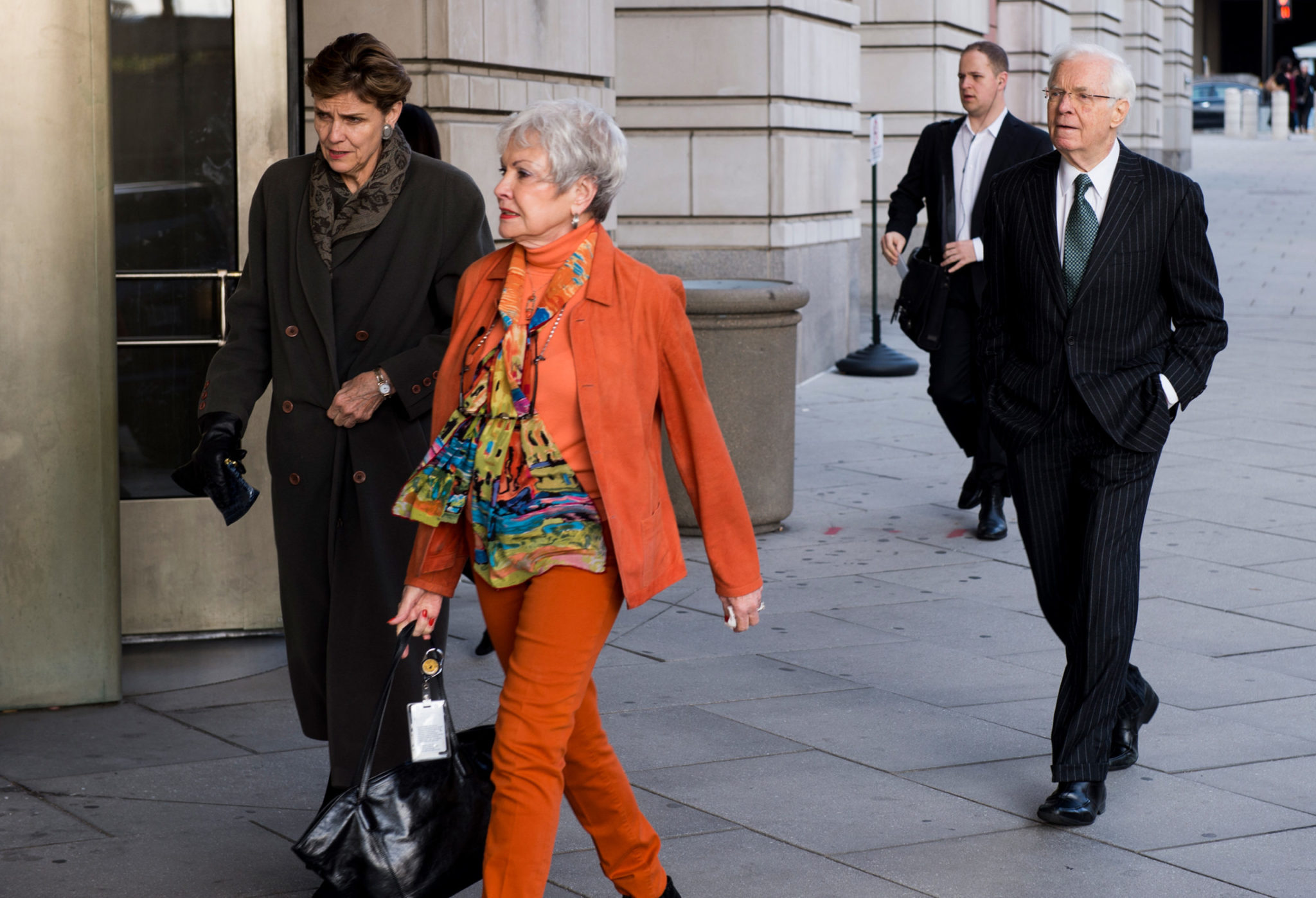Crystal methamphetamine isn’t just a drug abused by poor people in Middle America. In Washington and other big cities, it has developed a following among urban, often professional and educated gay men. Just ask Fred Pagan. He was a senior aide to Senator Thad Cochran, earning $160,000 a year when he was arrested in April 2015 for taking part in a meth-trafficking scheme.
“It sucked me in,” says Pagan, who returned to DC this summer after his release from federal prison. “That drug—it will pull you in.”
The science: Crystal meth triggers a dopamine release many times greater than the effect of ecstasy or cocaine. It ramps up sex drive and shrinks inhibition. While crystal meth entered DC’s gay scene mostly as a club drug in the late ’90s, Pagan’s story offers a window into the very different culture surrounding it today. He agreed to share his experience in the hopes that it would help others.
Pagan arrived in Washington in 1983 as a high-school junior to work as a Senate page. He had applied to the program to escape Biloxi, Mississippi, where he’d been a closeted teen cast off by abusive parents and living with an ultraconservative aunt and uncle. (He ended up finishing his high school via correspondence.) When Pagan came out in his twenties to the aunt who had raised him, she disowned him.
Though he says Cochran and his wife knew he was gay, accepted him, and treated him like family, he never overcame the rejection and abuse of his youth. When he was high on meth, he says, the self-doubt went away: “What I felt when I was doing the drugs was ‘People like me.’ ”
He used meth for the first time in 2000, not long after breaking up with his partner of 15 years. Missing his ex, he logged into a chat room and met a guy who invited him to his Dupont Circle rowhouse.
“I snorted it, and I was there for three days—it just kicked in,” says Pagan. He did meth for the next year, then stopped for more than a decade. In 2012, after another failed relationship, he picked it up again. By that time, finding the drug was as easy as ordering an Uber.
A number of gay hookup apps and websites are now convenient means of obtaining meth. Pagan used the apps Manhunt and BBRT to meet men who were into “party and play,” shorthand for getting high and having sex.
Pagan snaps his fingers to show how fast he could find meth via the apps. He explains how men strategically insert capital T’s—for Tina, slang for crystal meth—into their profiles to signal they have or want the drug. Pagan scrawls an example on my notepad: “hoT guy here looking for . . . .”
He saw other Hill staffers on the apps, “big-shot lawyers at law firms,” and one professional athlete. They would spend entire weekends at their houses or hotels having sex and snorting, smoking, or injecting meth. Pagan says he knew he was in trouble—he contracted hepatitis C—but was too afraid to seek help.
He also met a guy named Cody Alexander and fell in love with him. When Alexander asked if his California supplier could ship meth to Pagan’s house, he agreed. Police found more than 122 grams of the drug there.
Pagan spent 15 months in jail. Now out on probation at 51, he’s searching for a new job. He’s been sober since his arrest. “If I did not get arrested,” he says, “I would be dead. I’m convinced.”
The best figures on meth use locally come from a 2015 DC Department of Health study that focused on HIV risks among gay me. Of 510 gay and bisexual men interviewed around Washington, 7.5 percent reported using crystal meth within the previous year.
“There are some ways in which meth has been the perfect problem drug for gay men,” says Joshua Riley, director of community commitment at Whitman-Walker Health. “It gives men a lot of energy—it makes you feel sort of sexy and invincible.” Riley says 60 to 70 percent of those enrolled in Whitman-Walker’s evening treatment program at any given time list meth as their preferred drug. “I think it does a lot to reduce stigma and shame, so if you’re a gay man who has grown up in our culture, and you’ve gotten all these messages about [how] your desire for men is bad, and you couple that with the very real HIV epidemic, you set up a situation where sex is shaming and dangerous. When you’re high, it takes all that away.”
One surprise: Despite its early reputation as a drug found on the dance floor, meth today is less associated with DC’s club scene. Ed Bailey, an owner of Town, the city’s largest gay club, says he has watched meth virtually disappear from nightlife. Riley suspects that’s because meth—and meth-fueled hookups—are so easy to get online and do at home.
This article appears in the November 2017 issue of Washingtonian.
















